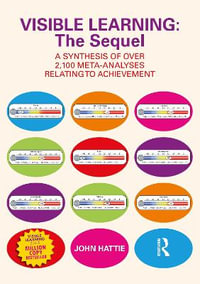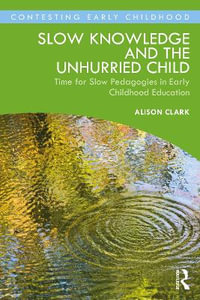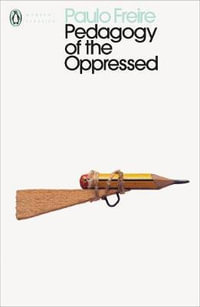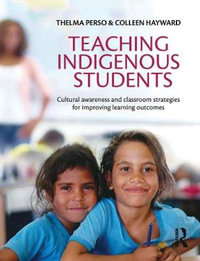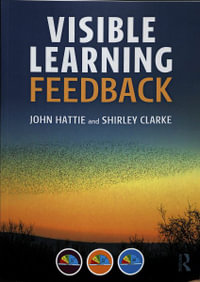James Scott Johnston's incisive study draws on a holistic reading of Kant: one that views him as developing and testing a complete system (theoretical, practical, historical and anthropological) with education as a vital component. As such, the book begins with an extensive overview of Kant's chief theoretical work (the Critique of Pure Reason), and from that overview distils crucial discussions (the role of practical reason; the claims of the third antinomy) for his moral theory. An extended discussion of Kant's moral and political theories and the place of pedagogy in it follow, with attention to all of Kant's important moral works as well as his chief religious work, Religion within the Bounds of Mere Reason. A discussion of culture and character follows, chiefly through a discussion of Kant's Critique of the Power of Judgment and Anthropology from a Pragmatic Standpoint, together with certain lectures and published essays on history and politics. Finally, an extensive discussion of Kant's published works on education, together with only recently published letters and announcements (in English), is provided. This culminates in Johnston's estimation of what a Kantian education, systematically conceived, might look like: an education that is attentive to theoretical, moral, cultural-historical, and pedagogic domains of Kant's thinking.
Industry Reviews
James Scott Johnston's careful and lucid discussion of Kant's practical philosophy is a must read for any Kant scholar, especially those working on Kant's theory of moral education. Though the literature in this area of Kant's philosophy continues to grow, many important issues have remain unaddressed. Johnston's book addresses these issues. -- Chris W. Surprenant, Assistant Professor of Philosophy, University of New Orleans, USA
James Scott Johnston has provided us with a timely introduction to recent scholarship on the philosophy of Immanuel Kant and its implications for education. It addresses important issues and provides the reader with insightful and critical discussions on the value and relevance of Kant's philosophy for educators, and in constructing a Kantian moral-cosmopolitical-cultural-curriculum. Anyone concerned with education can benefit from reading it. -- Klas Roth, Stockholm University, Sweden

